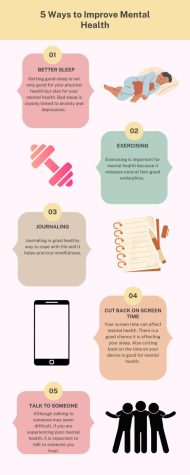What Are You Afraid Of?
A phobia is an intense fear of an object, a person, or a situation. While worry is a normal reaction to danger, phobias regularly arise in reaction to something not likely to cause actual harm.
- A fear and a phobia aren’t identical.
You’d probably panic if you noticed a huge fuzzy spider crawling up your wall or off-balance if you were on a tall ledge, but this doesn’t always suggest you’ve got got a spider or height phobia. Although it doesn’t feel very nice, worry and a little tension are ‘normal’ responses to both an actual and perceived threat. A phobia is much worse though. For example, if a person has a spider phobia, she would try everything to keep away from spiders and it could even begin to consume her life. She might spend a lot of time worrying about spiders and keeping away from locations and activities where spiders might be, like bushes or outdoors at night.
2. There are over 400 phobias.
You can have a phobia of basically anything, however, there are over 400 recognized phobias. Some are very common while others are rare. Phobias like a fear of heights (acrophobia), fear of flying (aviophobia), fear of enclosed spaces (claustrophobia), fear of spiders (arachnophobia), fear of snakes (ophidiophobia), fear of dogs (cynophobia), fear of needles (trypanophobia) and the fear of germs (mysophobia) are all pretty common.
3. Some phobias sound really weird.
There are strange phobias out there, like the fear of beautiful women (caligynephobia), fear of cheese (turophobia), and fear of developing a phobia (phobophobia). Ironically, the phobia of long words is quite literally a long word. Hippopotomonstrosesquipedaliophobia was made up by a horrible person. There is even a phobia called anatidaephobia, which means no matter where you are or what you’re doing, a duck is watching you.
4. Phobias can be passed down through your genes.
Have you wondered how you even get a phobia? Sometimes traumatic events can cause one, such as almost falling off a tall building. They can also be learned, like from listening to parents complain about a flying experience and swear they’ll never fly again. What if you’ve never actually had a traumatic public speaking experience, but just the thought of public speaking makes you want to crawl into a hole and disappear forever? As crazy as it sounds, this could come from an experience one of your ancestors had and been passed down through your DNA and could be passed down many generations from now.
5. Phobias can be treated.
Fortunately, there are ways to treat most phobias. To find the right treatment it would be best to consult a medical professional. One method that has been very successful is ‘exposure therapy’, a type of cognitive-behavioral therapy (CBT). This is when little by little someone is exposed to their phobia over time.
In the case of an insect phobia, you might start by just thinking about insects, then move on to looking at pictures of them, and then being close to one, and maybe finally holding a live one.
It is important to remember that phobias are often very successfully treated. If you (or someone you know) could have a phobia, it would be a good idea to seek advice from a medical professional.
McKayla Howerton is a senior and this will be her fourth year in media. McKayla decided to join media because she wants to update the community about the...









